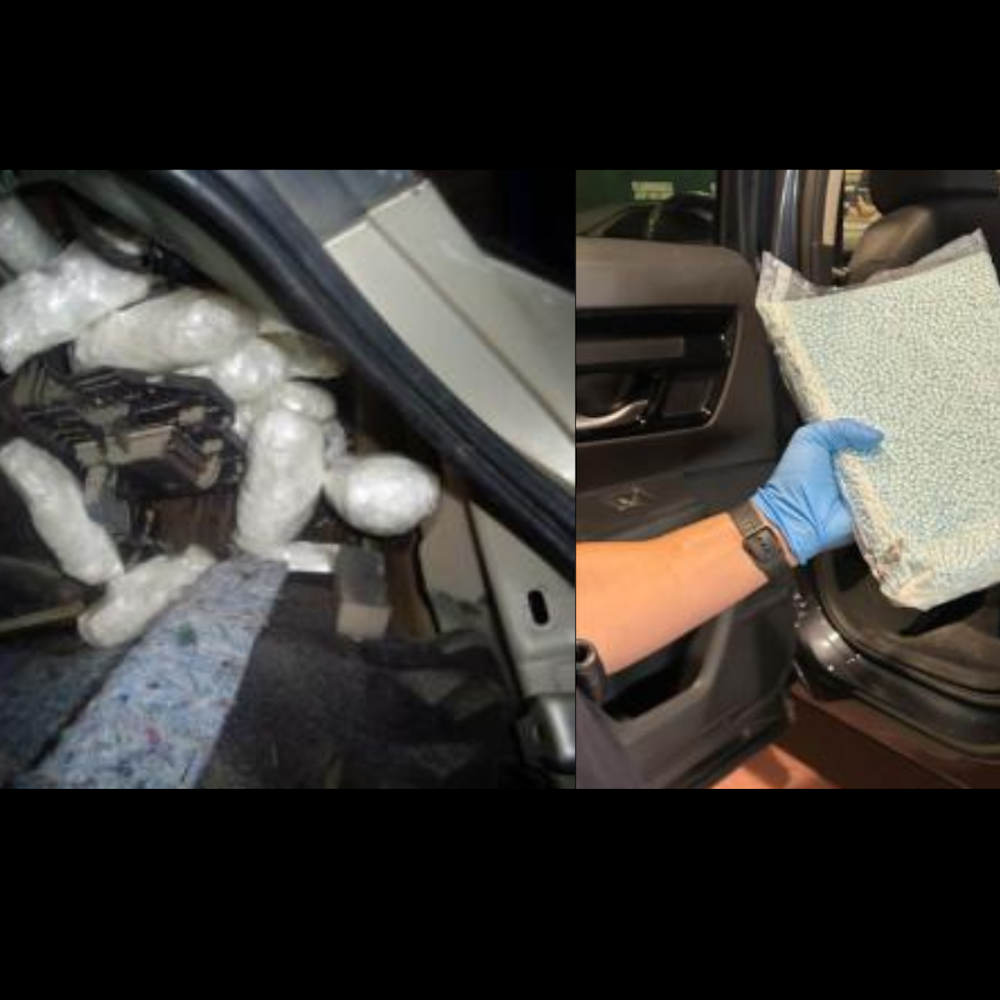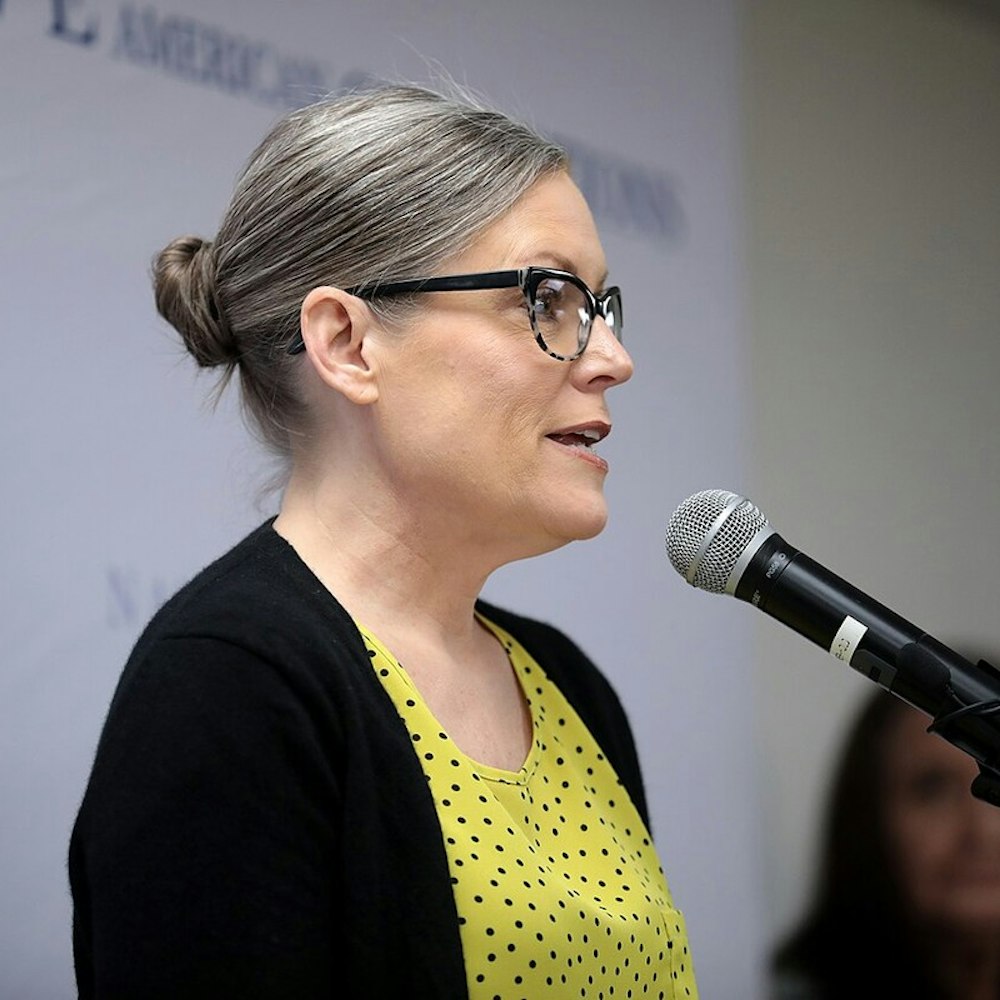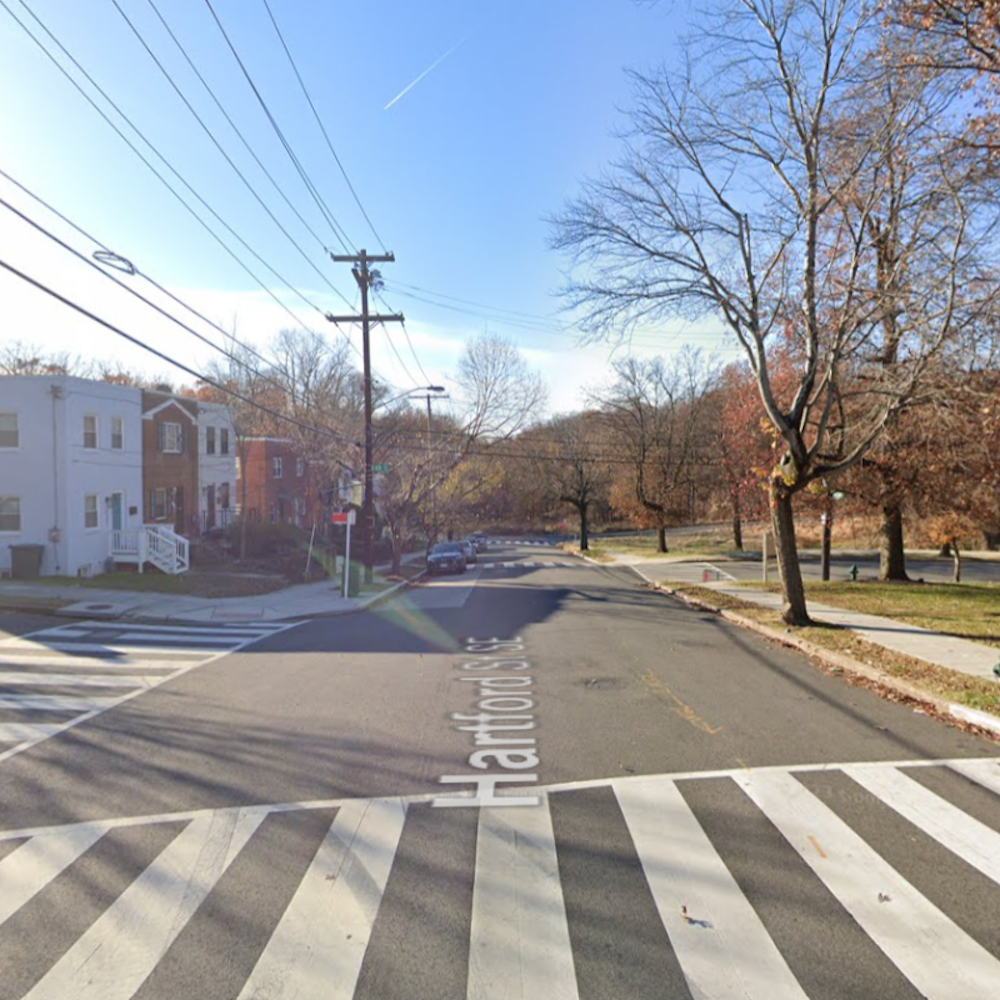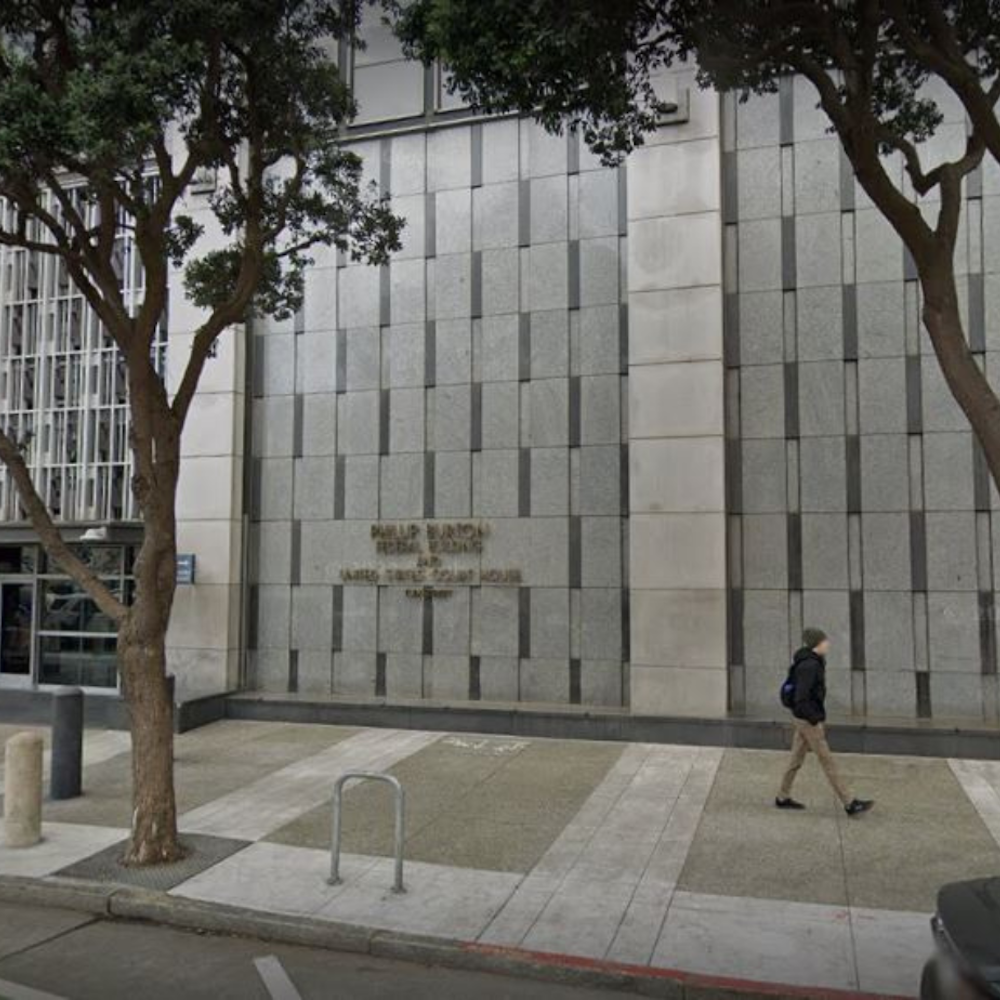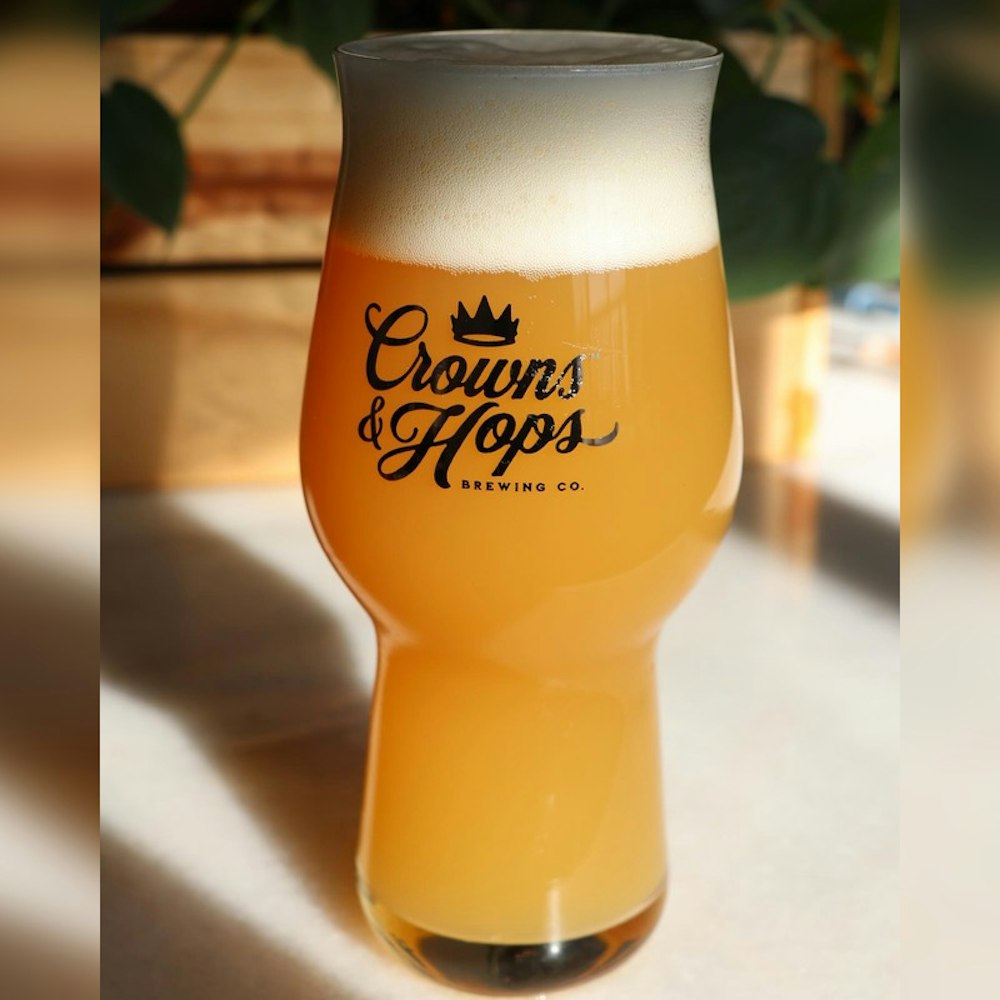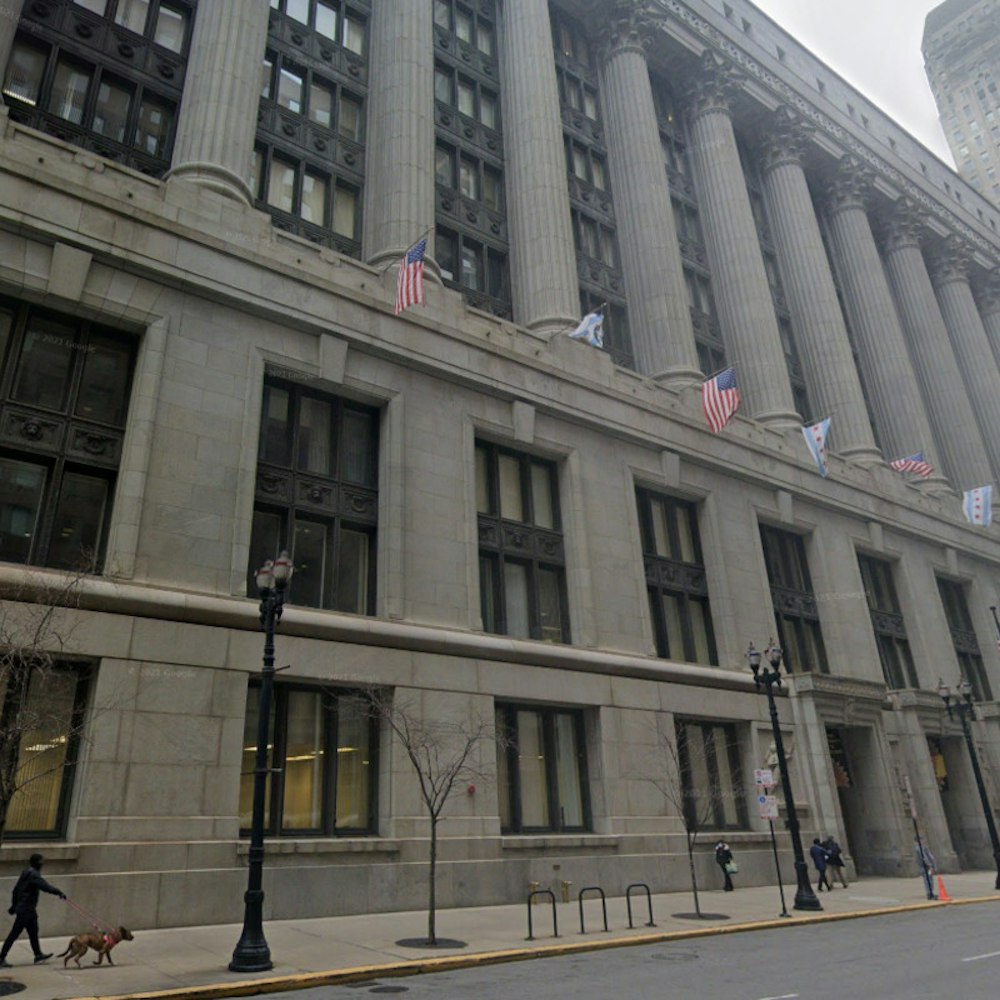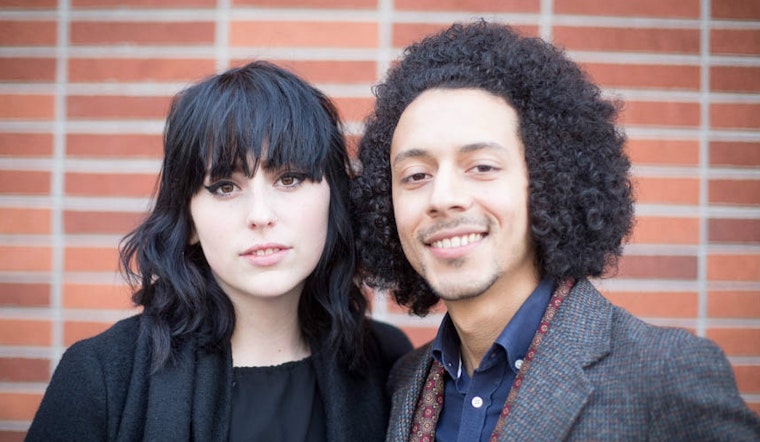
It's time for another Inner Sunset installment of on-the-street portraits and brief interviews by our friend Dijon of Souls of Society. (For parts one and two of Souls of the Inner Sunset, go here and here.)

“What are you most grateful for in your life right now?”
“My family, my kids.”
“What’s your favorite thing about being a dad?”
“The special look on my kids' faces when they see me come home.”
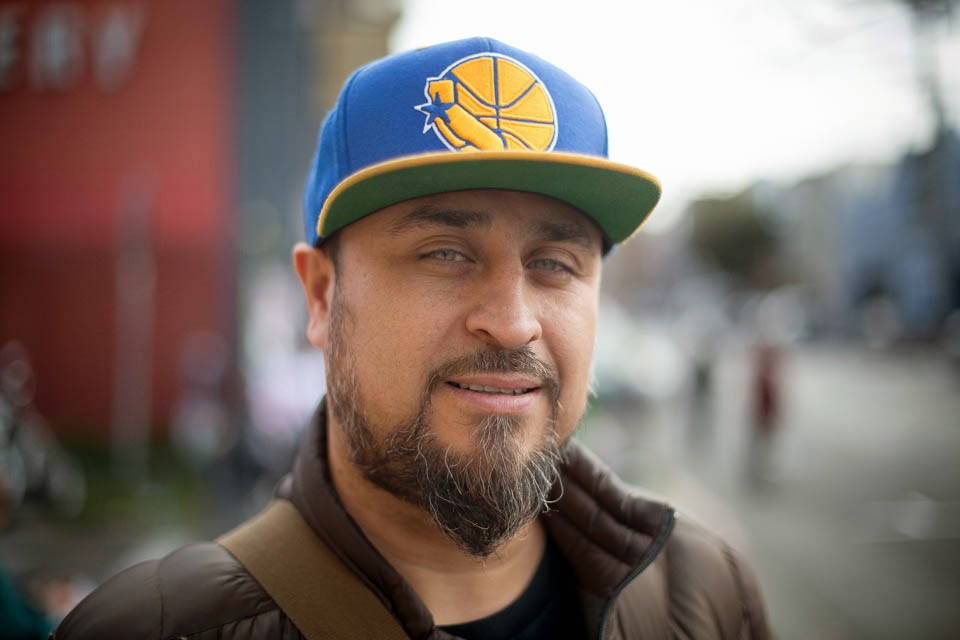
“What’s the most challenging aspect of raising a family?”
“Well your life changes because it’s not just about you anymore.”
“Was it a hard transition for you?”
“No, I think it seems hard when you think about it but when it really happens it's easy because it’s a change for good.”
“How do you feel like you’ve changed as a person?”
“I have more care about life.”
“So what’s your dream for your life?”
“Just to raise my family in the best way I can.”

“How did you meet?”
Him - “Well she’s known me for awhile.”
Her - “I had a crush on him when I was 18. We went to college together but I was always too nervous to talk to him because he has such good style and it took me a few years to find mine.”
Him - “We were working in the same neighborhood and we reconnected.”
“So tell me about what it was like when you reconnected.”
Her - “We ran into each other in Hayes Valley and he asked me to go to tea. I was actually really sick.”
Him - “She kinda wanted to leave because she was sick-“
Her - “But I agreed to go anyways, but I was eating cough drops the whole time. He had a beer, but I just had tea. It was a very short date actually.”
Him - “It only lasted like 45 minutes to an hour. It was just a catch up, meet greet.”
Her - “I was very nervous because it weird to kinda meet him and get to know him for the first time ever because he had been this figure for two years. We had actually met two years ago but he didn’t remember me, so I called him on it. But sometimes you meet people at the right time, we just got lucky.”

“So what’s one of your favorite things about her?”
Him - “Oh boy, you’re putting me on the spot right now. Um, well aside from a classic beauty that I find, I’m always intimidated by how smart she is ... she’s very well informed, she’s a sociology major, she’s going for her masters. She’s very conscious when it comes to ethnic studies, I really like how conscious she is.”
“And you?”
Her - “Well obviously he’s very charming, very old school, which you don’t see very often anymore. And he knows a million facts about everything-“
Him - “Useless facts.”
Her - “They’re not useless. He could write one of those fact books because he always has all this knowledge that’s coming out from everywhere. Also, I really appreciate not only his love of fashion but his knowledge of it because he ties together fashion with history and politics. It goes beyond knowing how to dress well, he really studies the folds and the creases and the lines in the clothing, and the length of an arm jacket on a blazer according to time period and what that meant for men’s fashion but also what was going on in the world.”
Him - “It all tells a story, you’re well aware of that.”

Him - “I’ve done a little costuming for short films too, that’s why I think clothing says something, even if you don’t think it does or you weren’t aware of it. You go through a script and you envision a character and you think ‘what would this character wear based on where he lives and what he does, his actions, his personality’. You say, ‘this guy is an autumn or winter so he’d probably be wearing a lot of blacks and browns, earth tones or something like that ... Maybe he likes to get into fights so he wears a leather jacket, or maybe he’s a bit softer so you put him in a cashmere sweater. I’m a cinephile, I grew up watching movies so you can’t help but notice what Steve McQueen is wearing in Bullit.”

“So he was talking about all the things you study, what were they?”
“So…my undergrad was in American Indian Studies and US History. Now I’m getting my masters in Ethnic Studies with a concentration in American Indian Education and History. Kinda looking at historical trauma in relation to the boarding school experience, more specifically the Sherman Institute in Southern California. How the students rebelled against that and worked towards efforts of cultural revitalization, repurposing this school that was initially created to destroy their culture but surviving and carrying their culture on and eventually finding a way to make the school work for them.”
“Wow, what prompted you to dig into that stuff?”
“I kind of fell into it in undergrad, I really found a home there. I didn’t have a choice, it chose me. And I do have indigenous roots but I don’t technically claim them until I have documentation for political reasons. Yeah…I just love education.”

“What kind of magic do you know?”
“Magic? Well, I’m like a musician so I sing and play guitar and I feel in a sense music has its own magic because of what it can do to people. I know I always have my headphones on, especially when I take the bus. I love long bus rides because I just put my phone on shuffle and listen to whatever comes up. It kinda changes your perspective on how you see things and that’s kinda magical in its own way. It creates stories out of everyday life.”
“What’s your music like?”
“It’s kind of guitar, singer-songwritery. I’m in the program called Bump Records with Bay Area Video Coalition right now. I’m learning how to do more audio engineering so I’m learning how to use software like Reason and Logic. I’m more into the live stuff, it’s hard to make softer beats.”
“You like to rock more?”
“Yeah.”

“Yeah, I took guitar lessons in kindergarden, stuff like that. My mom’s a flautist, she has a doctorate degree in flute. When you walked up I was actually waiting to see my therapist. Playing music for me is very healing.”
“That’s cool. Are you originally from San Francisco?”
“I was born in Switzerland, and then I lived in Holland till I was four , so Dutch is my first language, and then, I’ve been living here since then.”
“I gotcha, well I’d love to hear your music. Would you be down to sing something on camera?”
“Right now?”
“Yeah.”
“Sure, okay.”

“What are you most grateful for right now?”
“God.”
“What about God?”
“His wisdom. I asked for his wisdom. I’m an artist, writer. What can I say, I don’t guide by the left brain all the time or the right brain in my emotions but I have made poor choices sometimes by putting myself second…or sometimes third in my life. I asked God for wisdom and it seems like things are different right now. I’m not a co-dependent person, at least that’s what I was taught by a friend who’s a psychologist. He said, ‘You have a big heart. It’s hard to know when to help and when not to help.’ I feel better about that now.”
“I think maybe I have that same challenge.”
“Well you’re an artist. I know how it is. I take pictures too. I paint, I’ve had art shows. I’m a published writer. I’m thinking about going back to what I like, not what I’m supposed to do, but what I like.”
“What do you like?”
“I like art. I’m thinking about doing a children’s book. I’m gonna do the writings and drawing myself, I have the story already.”
“What’s the story?”
“It’s about a little girl who travels through time, but it’s very different than the ones you normally see. She learns a lot of lessons in life. My friend read it and said he thought it was better than Harry Potter! I’m not saying it is better than Harry Potter but it’s nice to hear someone say that.”

“So how do you know when you’re losing yourself in a relationship and giving too much?”
“When you don’t think about yourself. You have things you want to do with you life but you don’t do them because you’re thinking about the other person’s needs. I’ve noticed that givers attract people that come back for more.”
“The givers match with the takers?”
“Yeah. My grandmother was a giver but she knew how to draw the line. Age gives you the wisdom for that.”
“So what is love to you? How would you define it?”
“I think it’s respect first of all. Be respectful of people, respect their rights, their belongings as much as you can. And God is love. You don’t see God, you feel God. You believe in God, I can tell.”
For more of Dijon's profiles, visit Souls of Society, and stay tuned for future installments here on Hoodline.
